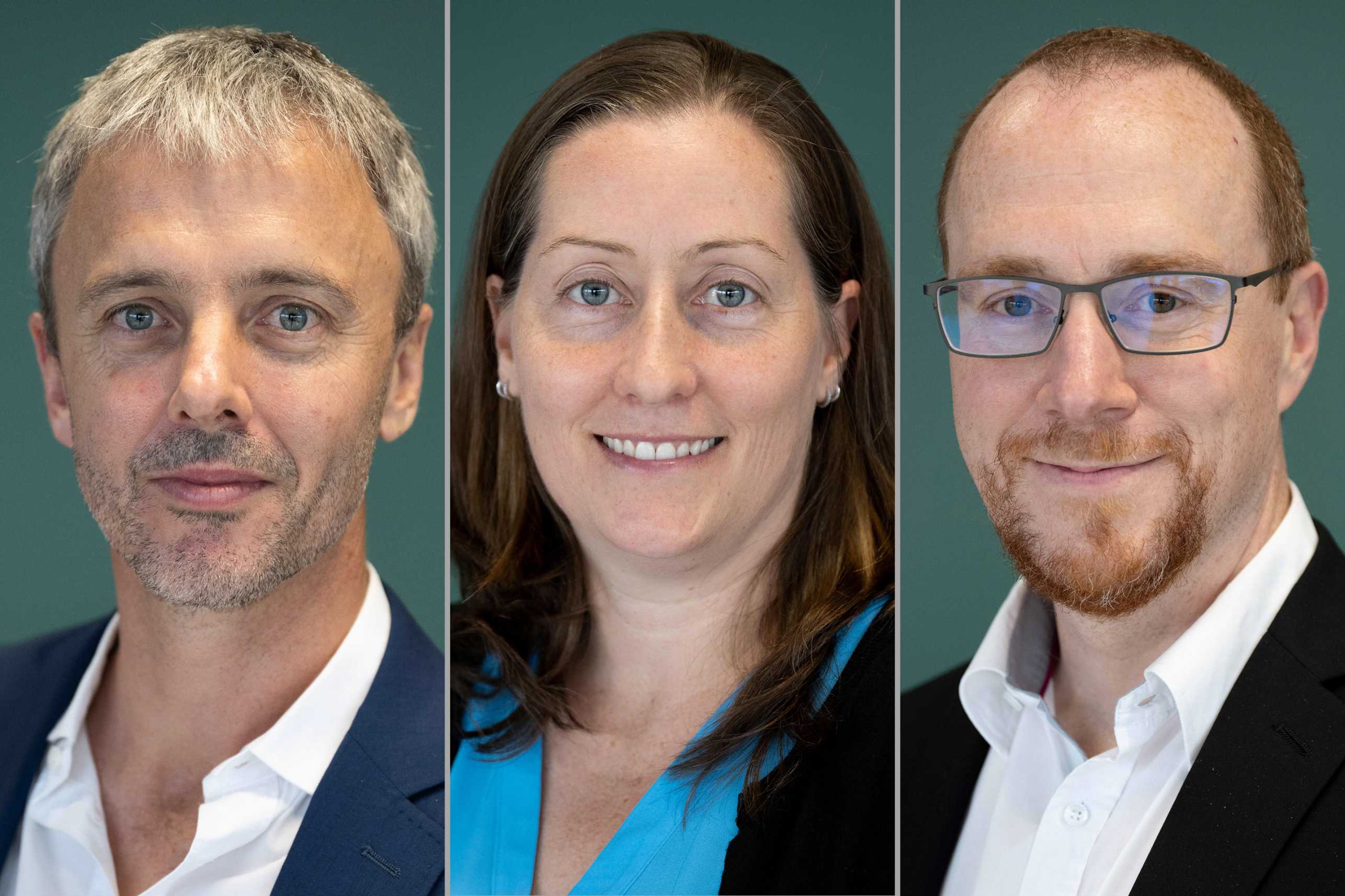Max Planck-Humboldt Medal for Torsten Hoefler
Professor Torsten Hoefler (D-INFK), Head of the Scalable Parallel Computing Laboratory at the Department of Computer Science, has been awarded the prestigious Max Planck-Humboldt Medal for his research in the field of computer science. Congratulations!

Torsten Hoefler, Professor at ETH Zurich, is awarded the Max Planck-Humboldt Medal for his work on accelerating artificial intelligence (AI) and scientific high-performance computing (HPC). Hoefler’s work to improve scientific simulations benefits many research fields such as quantum device simulations and global climate predictions. The Max-Planck Humboldt awards are the most prestigious German awards to internationally outstanding mid-career scientists, funded by the German Federal Ministry of Education and Research and they are given across all scientific fields. It is only the second time that a computer scientist has received this award.
The Max Planck Society and the Alexander von Humboldt Foundation jointly award the Max Planck-Humboldt Research Award and two Max Planck-Humboldt Medals on an annual basis. Artificial intelligence and computer science are driving development in many areas of society – including science. This year, the Max Planck Society and the Alexander von Humboldt Foundation are honouring outstanding achievements in the use of algorithms in mathematics, microscopy and climate research.
Hoefler receives one of the medals and Laura Waller, Professor at the University of California Berkeley, receives the second for her work on digital microscopy. Geordie Williamson, Professor at the University of Sydney, receives the prestigious Max Planck-Humboldt Research Award for his achievements in mathematics. The prizes will be awarded on December 3 in Berlin.

Torsten Hoefler makes high-performance computers and AI more efficient
Torsten Hoefler's focus is on increasing the efficiency of algorithms, especially for high-performance computing and artificial intelligence applications. Hoefler's methods have enabled significant progress in various areas. For example, his team has found ways to significantly accelerate very complex computational problems such as quantum simulations, which are of great importance to the semiconductor industry. He has also developed numerous methods that optimize machine learning algorithms and significantly improve their practical applicability. Hoefler and his team achieved a particularly remarkable breakthrough in the processing of large amounts of data for climate simulations. Using neural networks, the researchers have compressed this data to a thousandth of its original volume without sacrificing accuracy. By cleverly combining and optimizing hardware, software and algorithms, Hoefler has increased the efficiency of computer systems by a factor of up to a thousand. His work makes a significant contribution to the further development of artificial intelligence and opens up new areas of application in computer science.
Read the official press release external pagehere.
Torsten Hoefler is a full professor at the Department of Computer Science at ETH Zurich. In this role, he has headed the Scalable Parallel Computing Lab since 2012. Before coming to ETH Zurich, he led performance modelling and simulation for the first petascale supercomputer, “Blue Waters,” at the University of Illinois at Urbana-Champaign. His research aims to understand the performance of parallel computing systems, from parallel computer architecture to parallel programming and parallel algorithms. He is also active in the application areas of weather and climate simulations as well as machine learning, with a focus on distributed deep learning. Torsten Hoefler has received numerous awards for his work, most recently the inaugural Jack Dongarra Early Career Awards. He was appointed an IEEE and ACM Fellow as well as elected into Academia Europaea. He also received the Latsis Prize from ETH Zurich in 2015, the ACM Gordon Bell Prize 2019 and both a starting and consolidator grant from the European Research Council (ERC).